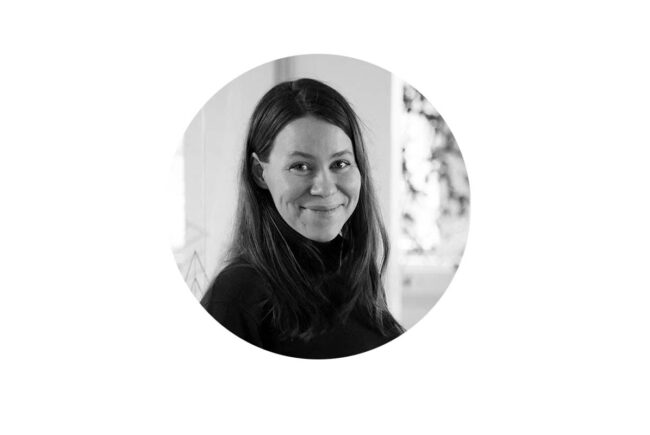

Exploring a contradictory topic requires both critical analysis and openness
Published:If resilience has been appropriated and misused, it is up to us to reclaim and redefine it. The text is an editorial written for issue 4/2021 on Redefining Resilience.
When deciding on the theme for our final issue of the year, resilience quickly came up in the discussion with our editorial board.
There were very strong and contrasting opinions on the term in the group: some voiced their contempt over this “buzzword” and the way it gets thrown around without any tangible meaning.
Resilience also seems to carry quite a questionable ethos. Is it merely focusing on the individual navigating difficult conditions and systems rather than trying to collectively change those conditions?
Others argued that the times we live in do call for qualities that, for a lack of a better word, could be described as resilience, so it is important to explore its connections to learning and education.
Moreover, resilience does not have to be defined from an individualistic perspective – communities, societies and ecosystems can also teach us a lot about durability and flexibility.
WE DECIDED TO DIVE into this controversial and contradictory topic.
After all, if the term has been, as Sean Michael Morris puts it, “appropriated from people who need it by people who don’t actually need resilience that much,” isn’t it up to us to reclaim and redefine the meaning?
Above all, we need to discuss the resilience of the adult education system itself.
In this issue, we want to be critical but also open to the various nuances and possibilities resilience can open up.
For example, why should adult education be a part of strengthening the emerging force of ecoresilience? How could digital learning and open educational resources be developed to better support building resilience in learners?
Above all, we need to discuss the resilience of the adult education system itself. If anything, the pandemic has revealed how unequal the playing field in adult learning is, from the digital gap to the marginalised students who might struggle to access any education.
Adult education is only truly resilient when it becomes more democratic, accessible and flexible to cater for different needs and situations.
ONE NOTION I am particularly keen to do away with is the idea that hardship and suffering build resilience.
Sure, there are always individuals who defy the odds and, even after traumatic events, rise from the ashes like a phoenix. But for most of us, building resilience is fixing the damage caused by the struggles and mistreatment we have faced in our lives.
At the same time, it is comforting to think that resilience is something we can actually learn and develop – it is not a magical thing you simply possess, or you don’t.
The therapists we talked to stress that working through the maladaptive beliefs about ourselves, others and the world is crucial to becoming more resilient. Is it also important for becoming a good learner?
Author







